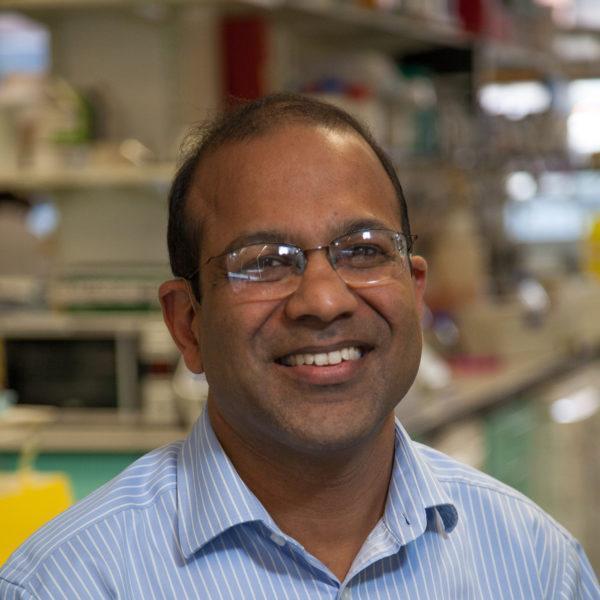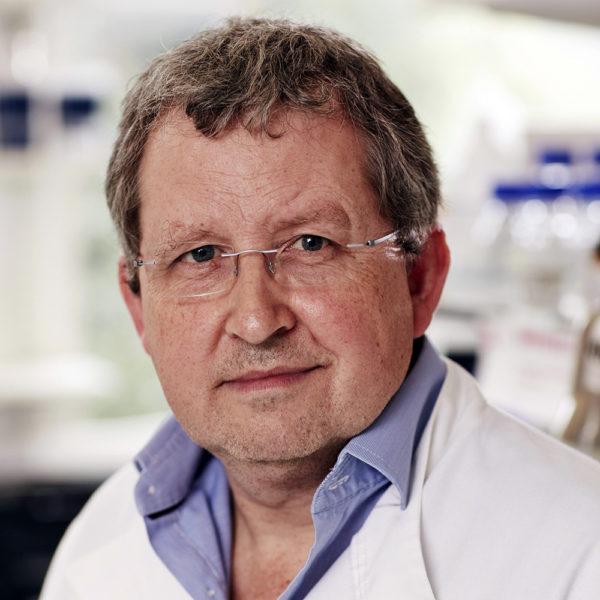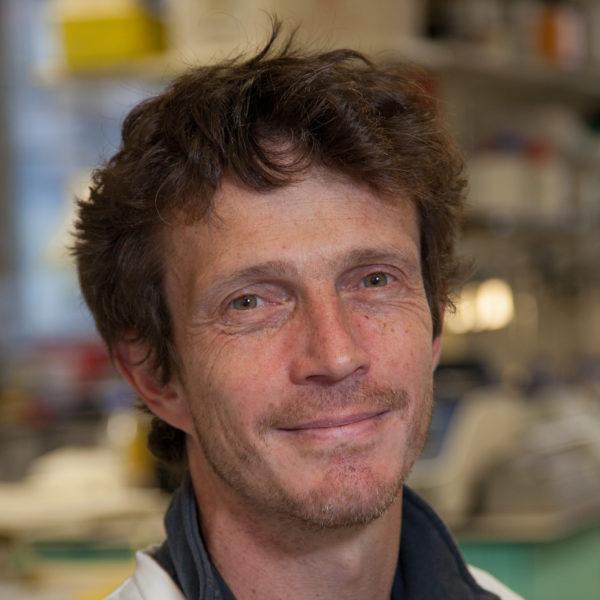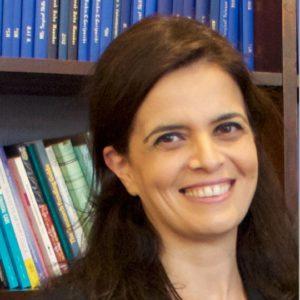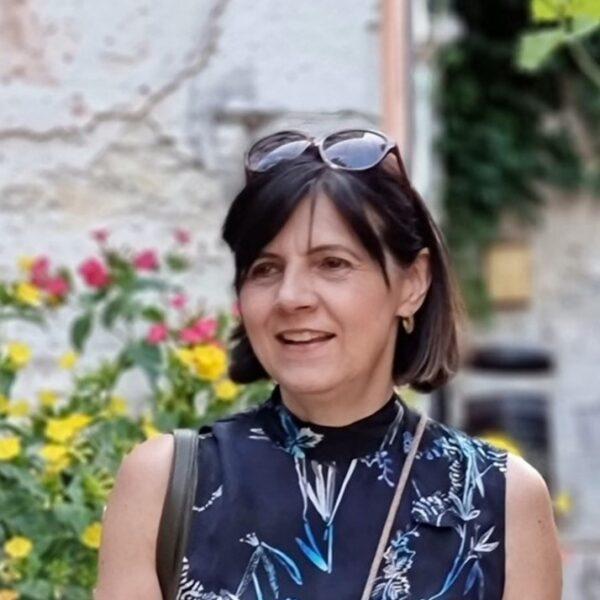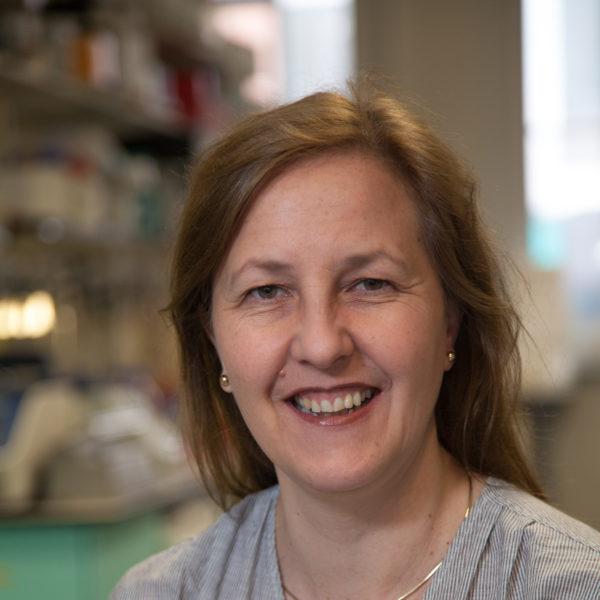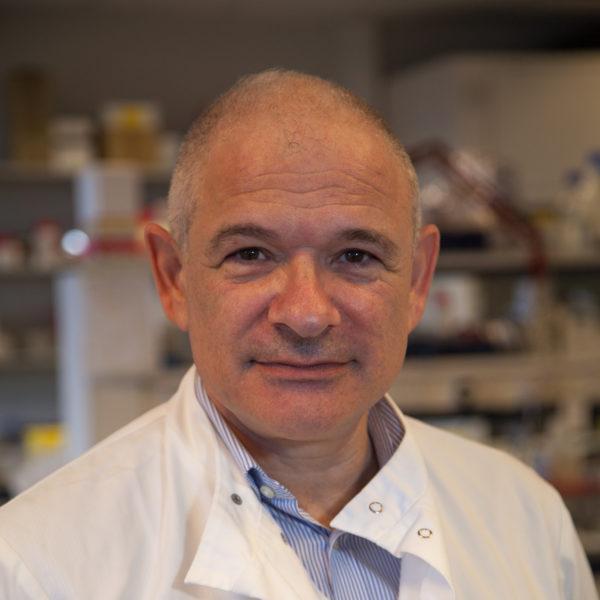Staff Directory
Professor Nick Lemoine
Medical Director, NIHR Clinical Research Network; Professor of Molecular Oncology Director of the Barts Cancer Institute 2003-2024
My groups’ primary research interests are in the genomics and molecular pathology of pancreatic cancer and the development of oncolytic virotherapy.
Professor Kairbaan Hodivala-Dilke
Deputy Institute Director, Professor of the Tumour Microenvironment
Our research aims to improve the efficacy of standard of care immunotherapy, chemotherapy and radiotherapy in human solid cancers by understanding the molecular mechanisms underlying tumour stromal contributions to tumour growth and therapy efficacy.
Professor Hemant Kocher
Professor of Liver and Pancreas Surgery
My clinical research interests include tissue banking, clinical trials, innovative surgical techniques, epidemiology, meta-analysis and patient care pathways. My translational research interests include pancreatic cancer stroma and tumour-stroma cross-talk including cell signalling, adhesion, metastasis and invasion.
Professor John F. Marshall
Professor of Tumour Biology
I study the biology of tumour invasion with a particular focus on the roles of the adhesion molecules expressed on the cell surface that mediate this process. Our group concentrates on the study of integrins that are the principal family of adhesion molecules that mediate the interaction between cells and the extracellular matrix.
Dr Angus James Cameron
Reader in Cell Signalling and Tumour Biology; Director of Graduate Studies (BCI)
My research focuses on kinases regulating cancer cell growth and motility to understand how and when to target them with drugs. My group is currently examining the role of the PKN kinases in malignant progression.
Professor Claude Chelala
Co-Director, Centre for Computational Biology, LSI; Professor of Bioinformatics
My research interests lie in the area of translational bioinformatics. Current research projects are focused in high-throughput data analysis, integration with clinical data, databases and software development, particularly for pancreatic cancer and breast cancer.
Professor Tatjana Crnogorac-Jurcevic
Professor of Molecular Pathology and Biomarkers
My research focuses on molecular pathology of pancreatic cancer, in particular its development and progression. We are using this knowledge to develop biomarkers for early, non-invasive detection of this malignancy in urine specimens.
Dr Mirjana Efremova
Lecturer
We are interested in understanding the cellular and molecular mechanisms that promote cancer cell plasticity and adaptation of tumour cells in metastatic niches and under therapeutic pressure.
Professor Stéphanie Kermorgant
Professor of Cellular Oncology
We study the role of growth factor receptor signalling and intracellular trafficking (movement inside cells) in tumour growth and metastasis in the view of improving cancer therapy.
Dr David Propper
Senior Lecturer; Consultant Medical Oncologist
My focus is on detailed translational trials in pancreatic cancer, with a focus on targeting the tumour microenvironment. Our aim is to define what perturbations occur in tumours of patients receiving trial drugs.
Dr Vivek Singh
Lecturer in Digital Pathology
Professor Yaohe Wang
Professor of Cancer Cell and Gene Therapy
We work on cancer prevention and immunotherapy using tumour-targeted replicating oncolytic viruses, in particular focusing on replicating adenovirus and vaccinia virus.
Mr Satyajit Bhattacharya
Honorary Reader
I am a clinical collaborator in numerous laboratory-based studies particularly the localisation of Lipiodol in Hepatocellular carcinomas, inflammatory and immune responses to surgery, and tumour-stroma interactions in pancreatic carcinoma. Clinical areas of interest have been video consultations in tertiary care, surgery for pancreatic tumours (especially NETs) and liver tumours, and tissue banking.
Dr Renato Brito Baleeiro
The primary focus of my research is to establish a platform for a neo-antigens-based vaccine for triple-negative breast cancer and pancreatic cancer.
Dr Silvana Debernardi
My work focuses on the global analysis of miRNA in pancreatic cancer and developing miRNA biomarkers for early detection of this malignancy.
Dr Guillem Fuertes Marin
My research is focused on studying the molecular mechanisms of integrin αvβ6-driven pancreatic ductal adenocarcinoma (PDAC) progression and metastasis.
Dr Peng Liu
I am interested in cancer prevention and immunotherapy using tumour-targeted replicating oncolytic viruses.
Dr Audrey Lumeau
My research focuses on understanding the relationship between chromosome instability mechanisms and tumour cells’ resistance to therapies.
Dr Shinelle G. Menezes
My work focuses on the influence of PKN2 on the immune-microenvironment, and the invasion and metastasis of pancreatic ductal adenocarcinoma in vivo, using murine models.
Dr Helen Ross-Adams
The aim of my work is to develop clinically-relevant biomarkers that could aid in earlier disease detection, predict treatment response, and inform clinical management of patients.
Dr Remi Samain
My research is focused on understanding the role of contractility in pancreatic cancer.
Dr Zuoyi Zhao
My research is focused on cancer immunotherapy for pancreatic cancer, particularly immune-stimulatory molecules, armed oncolytic viruses and CAR T-cells.



